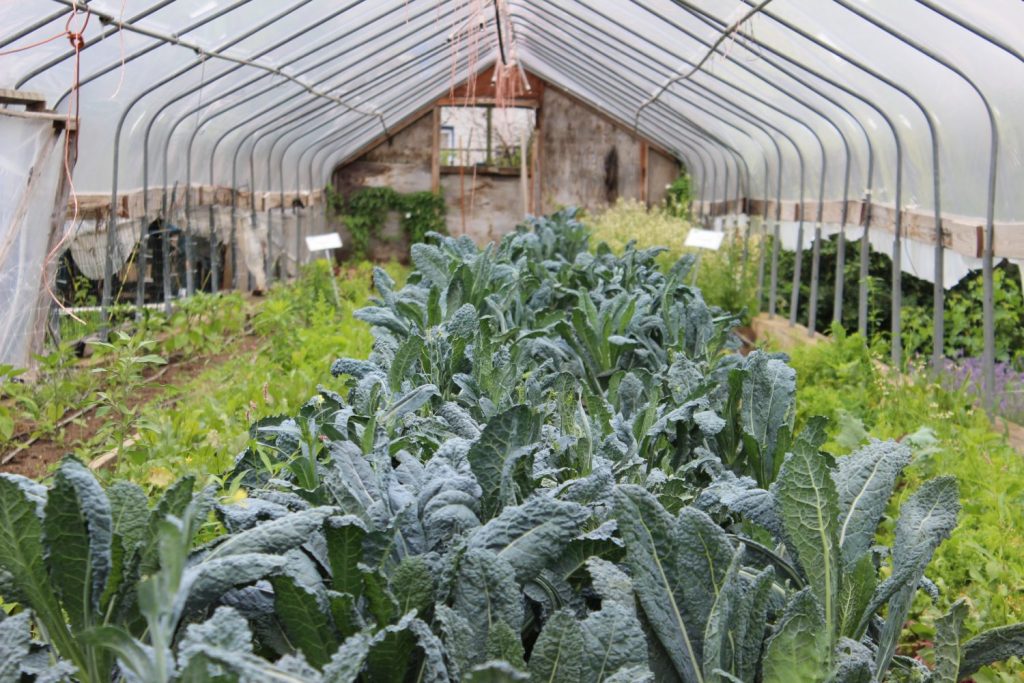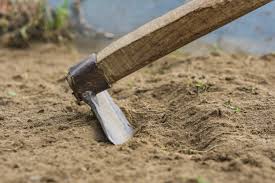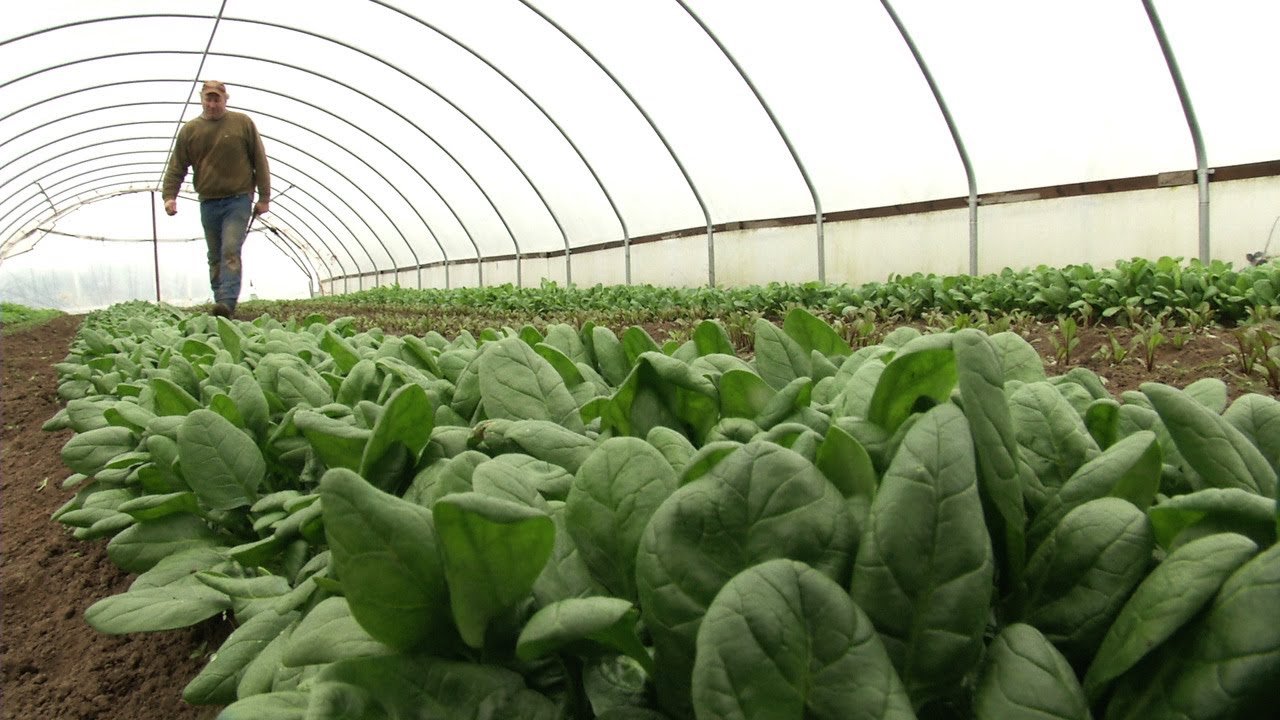
Hey guys, I was talking with a friend this past week, and she is gearing up to start a small organic farm in Oregon. There are areas of Oregon that have been farming for hundreds of years, and it continues to grow. Smaller farms in the area have disappeared over the years as big development has pushed in to build houses. Her small boutique farm will have an emphasis on organic products, herbs, and vegetables mostly. As she begins this venture, she’s learning a lot about what it takes to get into the farming business. While she is definitely on the right track, there were some things that stood out during our conversation that led me to write this article.
• Know What Product You Want To Take To Market
If you are going to be growing and selling produce, you need to know a few things first. What is your product? Is there a local market for it? What is the barrier to entry? Knowing the answers to these questions will help prepare you to bring your product to market successfully.
• Know The Seasons
Know the weather in your region and prepare to adjust your game. Climates in the North West are typically cold and wet. The summer months are short-lived, but beautiful for the few months they last. Having a greenhouse as an option to bring your produce indoors will give you a chance to keep your crops growing during the poor weather.
• Know Your Tools

Have the tools necessary to prepare your soil and plant your seeds properly. You will need gardening tools to care for your garden and trim your crops. Depending on what you grow, there are tools and gardening supplies that are specific to what you produce. Know your product, know what tools you need to grow, and enjoy the rewards.
• Treat It Like A Business
The farming business can tough, if you have a large crop and the seasons are erratic, you can find yourself without a product at the end of the season. Knowing the business side of this will help you to get through those tough times if the seasons bring drought or extreme heat. Any of these things could kill your crops and leave you empty-handed. Keeping your accounting in order, money set aside for employees, and a year’s worth of hard costs will keep your business running even when times are slow. Investing in accounting software that offers payroll for you to automate will keep the business running smoothly while you are focusing on what is essential.
• Get Your Distribution Network In Place
Once you grow a large enough crop of produce, you have a few options for distribution. It would be best if you thought about how you want to get your product out to the world. A local farm might distribute products locally at farmer’s markets and local restaurants. If you are growing more abundant crops with larger yields, you will need a distribution outlet like U.S. Foods or Sysco to get your product out to restaurants and grocery stores.
• Stay The Course
Keep your eyes on the prize! This goes for any business owner, but knowing how important focus is in business will help you make the right decisions when times get tough. You can even invest in a business coach if needed, as they will provide you with the necessary foundation required to handle your operations, market your business, and build a distribution network.
Of course, there are other important factors to consider when building your business, but these are some of the first things that came to mind when I was asked how to proceed with starting a farming business. This will be much different for larger farms, but for all your boutique farms, this is a great starting point for new farm startups.
